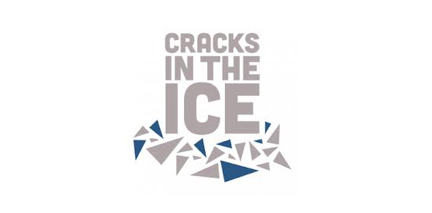Methamphetamine use disorder (MUD) is a significant public health concern with burden to individuals, families and health systems estimated to cost over $5 billion annually in Australia. In 2016/17 there were 49,670 Australian treatment episodes for MUD, the first step of which typically involves inpatient withdrawal. Currently there are no approved medications to help manage methamphetamine withdrawal and consequently many people drop out of treatment prematurely, leaving them vulnerable to relapse.
Oxytocin is a candidate medication that has the potential to increase treatment retention, reduce withdrawal syndrome severity, increase post-withdrawal treatment engagement and reduce relapse rates. Mechanisms of action in substance use disorder include social processing, impact on stress and reward systems, and potential reversal of neuroadaptation arising from chronic substance use. Pilot trials in other substance use disorders (alcohol, cocaine) suggest it is safe and well-tolerated, with preliminary signals of efficacy for alcohol use disorder. The only trial of oxytocin for MUD to date is currently underway in the USA and is recruiting only males. Oxytocin is likely to have particular efficacy for women based on between-sex differences in MUD, and pre-clinical evidence of enhanced behavioural responses to oxytocin in females.
In this world-first open-label pilot study, we propose to investigate whether intranasal oxytocin can improve withdrawal treatment outcomes in adult women with MUD. Primary efficacy endpoints comprise (a) length of stay in residential withdrawal; (b) withdrawal symptom severity; (c) post-discharge treatment engagement; and (d) relapse rates. We will also measure acceptability of the medication and adverse events.
The novel approach of targeting social processing and connection to improve withdrawal and early recovery outcomes represents a substantial innovation in developing treatments for MUD tailored to women, a frequently overlooked population. Oxytocin has limited abuse potential, and therefore could be prescribed as a take-home medication, making it a potentially scalable and costeffective adjunct to the management of MUD. This proof of concept study will provide pilot data to support an application to a larger funding scheme e.g. NHMRC/MRFF/NIH. Furthermore, the study will build critical research capacity in MUD medication treatment in Australia .
Dr Shalini Arunogiri, Chief Investigator
Turning Point (Eastern Health); Monash University
A/Prof Victoria Manning, Investigator
Turning Point (Eastern Health); Monash University
Dr Gill Bedi, Investigator
University of Melbourne; Orygen The National Centre of Excellence in Youth Mental Health
Dr Adam Rubenis, Investigator
Turning Point (Eastern Health)
A/Prof Rebecca McKetin, Investigator
National Drug and Alcohol Research Centre, University of NSW
Prof Iain S. McGregor, Investigator
Lambert Initiative for Cannabinoid Therapeutics, Brain and Mind Centre, University of Sydney
Prof Dan Lubman, Investigator
Turning Point, Eastern Health




